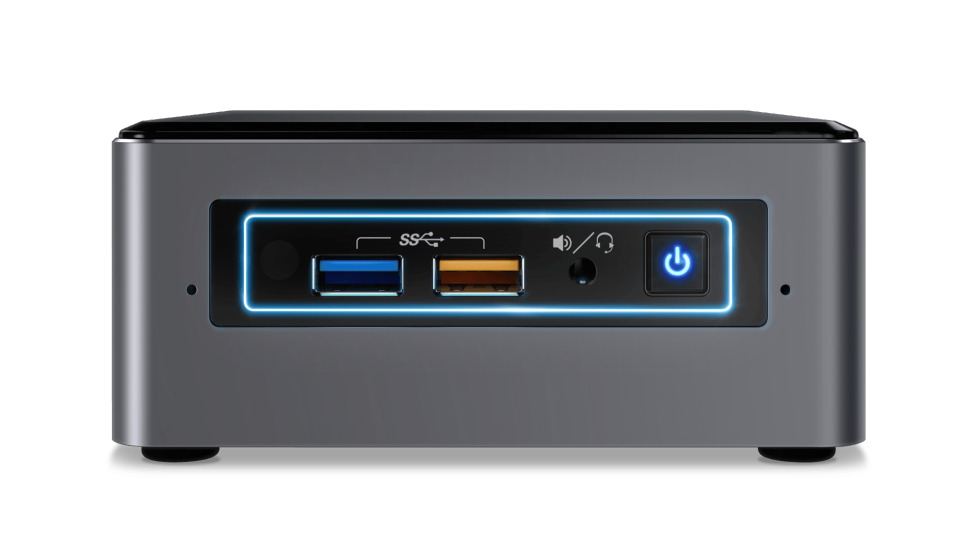As I am assembling my Plex media server, I have been semi-seriously using Linux for this purpose for about 3 weeks now, and here are some more observations.
First, I have been running it on two systems, an old desktop system with an Intel Core i7-920 CPU, 6 gigs of ram, and several disks (1 SSD for booting, and two quick 1TB WD drives, and a BD/DVD/CD rom drive), and the second system, an Intel NUC with a modest 7th generation i5 cpu (two core, 4 thread), onboard video, and ample connectivity.
The version of Linux I hae been using is the current LTS version of Ubuntu, 16.0.4. I did play with the 17.10 version, but it had some interesting bugs. Like turning off the monitor (a Samsung 24″ unit with HDMI) would cause the display manager to crash and restart.
As mentioned in a prior post, I am impressed by how well everything works. Not quite as pain free as Mac OS-X, but vastly superior to my prior experience of about 6 years ago. Upon installation the installer detected my wireless chips, the bluetooth, and the Intel graphics chips. I did need to be sure to get a version 4.1 or later kernel to fully support the CPU, but that wasn’t difficult.
I was able to install my usual apps that I need, Handbrake, MakeMKV, Plex media server, Google Chrome. I added Sublime text (I like it, but I prefer BBEdit on my mac), Spotify (hell yeah, a native app), VLC, something to manage/modify file tags (ID3, and video tags).
There were some pleasant surprises, including it being absolutely trivial to setup key authentication with SSH. In fact, the ssh-copy-id command makes it braindead simple to add keys to my Digital Ocean droplets. It was even super easy to add them to my Macbook Pro (that I am typing on).
I have learnt to use rsync, something I had heard about a lot, but never messed with. Really cool.
There are some things that aren’t great too. I have documented some of them in a prior post. To be added are:
- Sometimes the display manager gets wonky and non-responsive. The dock on the right stops responding, and the application menus stop working.
-
Handling USB input can hang up. Especially when I am ripping a DVD, the USB mouse “sticks”. Not sure if this is because it is a mix of USB 2.0 and USB 3.0 devices, or is it transmission interference.
-
There is no “warning” if you have files open when you reboot the system. This is not a huge deal, because it is pretty reliable (ok, that is an understatement), but after all the care Apple takes to cache and restore open files, and Windows to alert you that you have unsaved work, it is a bit concerting. Especially since I have yet to find the magic incantation to restart the display manager and “un-freeze” the UI, and rebooting is the only way to unfreeze it.
Those are pretty minor, and I am experienced enough to work around them. I am far from a guru, but adding sources to apt is pretty straightforward, and using apt-get to install and update software is pretty easy. Of course, there is the Ubuntu software “store” that has a pretty wide selection, but it merely scratches the surface.
So far though, it has been quite solid running my plex media server with aplomb. While I have been digitizing the bulk of my DVD and Bluray Disk collection, it has worked remarkably well, even with all the threads pegging the CPU, it still serves up video without any hiccups.
I have tons of hardware that has been re-purposed, disk drives especially, so I was able to bulk up the storage pretty cheaply. I do need to find a new home for my old i7-920. Not really going to use it as it is a guzzler of electrons, using unhealthy amounts of juice, especially when it is crunching and encoding video. (the i7 uses 130 watts, the i5 uses just 15 watts at full capacity).
I will write a detailed review of the NUC in the future. This is an amazing piece of kit, at a very attractive price.
